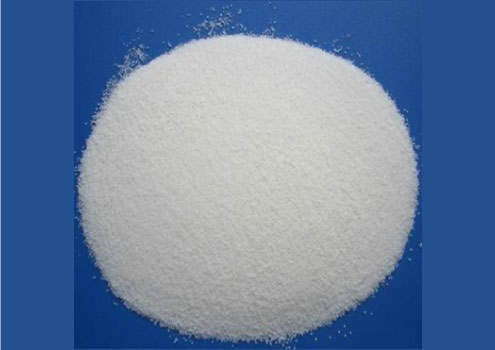
LABDHI EXIM is one of the best choices for CPVC Resin users because it can offer you reliability of best results. The main aspect that we keep in mind while developing CPVC is qualitative array because this allows us to satisfy our customers according to their expectations.
Being a professional developed of resin, LABDHI EXIM properly understands the importance of quality therefore they keep close attention to the quality in each and every development process. They run various tests that allow them to get assured best quality of CPVC Resin.
We can offer CPVC Resin in various packaging options so that customers can get CPVC Resin exactly according to their requirements. The purity of resin will be same in small as well as in big packages which ensures higher level cliental satisfaction.
Whenever any customer needs CPVC or perfect quote then the customer representatives of Labdhi Exim would always be there for their assistance so that they can get assistance instantly whenever needed.
Chlorinated polyvinyl chloride (CPVC) is a thermoplastic produced by chlorination of polyvinyl chloride (PVC) resin, which is significantly more flexible and can withstand higher temperatures than standard PVC. Uses include hot and cold water delivery pipes and industrial liquid handling. CPVC, as PVC, is deemed safe for the transport and use of potable water, potable meaning water used for drinking, cooking, and bathing.
CPVC shares most of the features and properties of PVC, but also has some key differences. CPVC is readily workable, including machining, welding, and forming. Because of its excellent corrosion resistance at elevated temperatures, CPVC is ideally suited for self-supporting constructions where temperatures up to 200 °F (93 °C) are present. The ability to bend, shape, and weld CPVC enables its use in a wide variety of processes and applications. It exhibits fire-retardant properties.
CPVC can withstand corrosive water at temperatures greater than PVC, typically by 40–50 °C (104–122 °F) or higher, contributing to its popularity as a material for water-piping systems in residential and commercial construction. CPVC maximal operating temperature peaks at 200 °F (93 °C).
The principal mechanical difference between CPVC and PVC is that CPVC is significantly more ductile, allowing greater flexure and crush resistance. Additionally, the mechanical strength of CPVC makes it a viable candidate to replace many types of metal pipe in conditions where metal's susceptibility to corrosion limits its use.
Due to its specific composition, bonding CPVC requires a specialized solvent cement different from PVC, with high-strength formulas being first introduced in 1965 by Genova Products, followed by alternatives such as IPS's Weld-On line.
Primers, solvent cements, and bonding agents for CPVC reportedly must meet ASTM F493 specifications, differing from PVC solvent cements that must adhere to ASTM D2564 standards
CPVC is similar to PVC in resistance to fire. It is typically very difficult to ignite and tends to self-extinguish when not in a directly applied flame.
Due to its chlorine content, the incineration of CPVC, either in a fire or in an industrial disposal process, can result in the creation of chlorinated dioxins and the similarly dangerous polychlorinated dibenzofurans, both which bioaccumulate